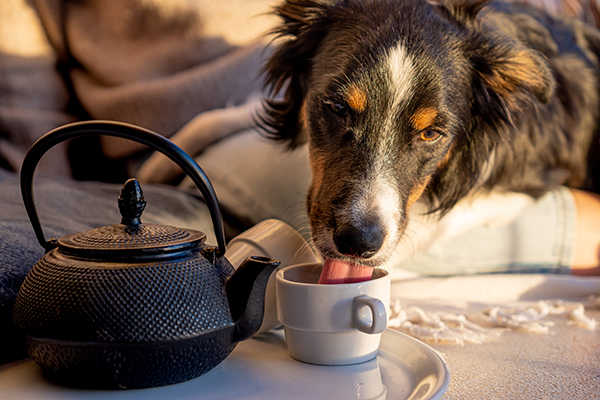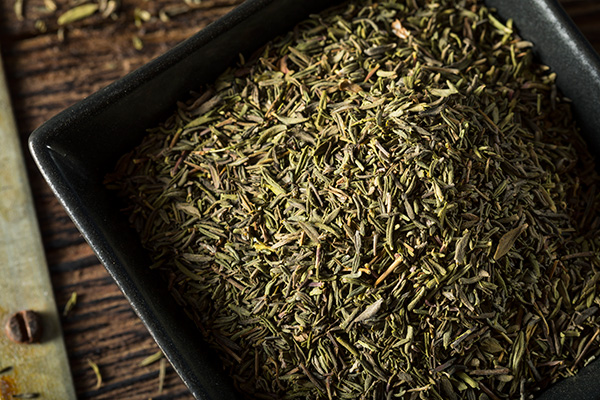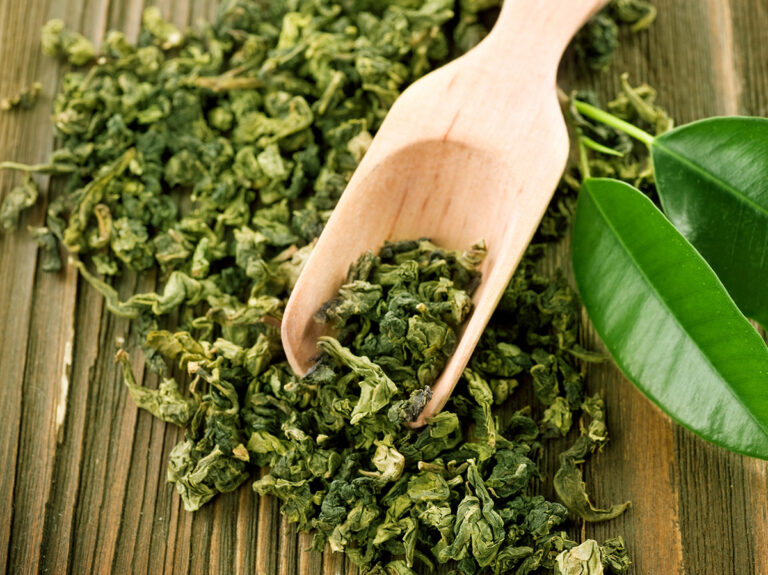Can Dogs Drink Green Tea?
As a dog owner, you’re always looking for ways to keep your furry friend happy and healthy. You might be wondering if green tea, known for its health benefits in humans, is safe for your dog. The quick answer is yes, dogs can drink green tea in moderation, and decaffeinated green tea is recommended to lessen the risk of caffeine-related issues.

How Does Green Tea Benefit My Dog?
Here are the main health benefits green tea can offer your canine companion:
- Antioxidants: Green tea is rich in antioxidants, which can help protect your dog’s cells from damage caused by free radicals. This can contribute to overall health and longevity.
- Dental health: Green tea contains polyphenols that can reduce the growth of bacteria in your dog’s mouth, helping to prevent bad breath and dental diseases.
- Weight management: Green tea has been shown to boost metabolism, which can help with weight management in overweight dogs when combined with a healthy diet and exercise.
- Anti-inflammatory properties: The antioxidants in green tea can also have anti-inflammatory effects, which may help with joint pain and inflammation in older dogs or those with arthritis.
What Are the Cons of Drinking Green Tea for My Dog?
While green tea can be beneficial, it’s essential to be aware of potential drawbacks:
- Caffeine: Green tea contains caffeine, which can be harmful to dogs in large amounts. Too much caffeine can lead to restlessness, rapid breathing, heart palpitations, and seizures.
- Tannins: Green tea also contains tannins, which can cause stomach upset and constipation in some dogs.
- Interactions with medications: Green tea can interact with certain medications, so it’s essential to consult with your veterinarian before introducing green tea into your dog’s diet.
How Much Should My Dog Drink?
The appropriate amount of green tea for your dog depends on factors such as size, weight, and any pre-existing health conditions. As a general rule, start with a small amount (about 1/4 cup) and observe your dog for any adverse reactions. If your dog tolerates green tea well, you can gradually increase the amount. Consult with your veterinarian for specific recommendations.
What Type of Green Tea Is Best for My Dog?
When choosing green tea for your dog, opt for a high-quality, organic, and decaffeinated variety. Decaffeinated green tea will still provide the health benefits without the risks associated with caffeine.
Here are some of the best green teas we have found, including some caffeine-free options.
How to Brew and Serve Tea to Your Dog
Learn how to properly prepare and serve green tea for your furry friend to ensure they safely enjoy its potential health benefits:
- Brew the green tea according to the package instructions, using the recommended amount of tea leaves or tea bags for the desired strength.
- Allow the tea to cool to room temperature or slightly warm. Never serve hot tea to your dog, as it can cause burns.
- Mix the brewed green tea with your dog’s drinking water or food. Begin with a small amount and gradually increase based on your dog’s tolerance and your veterinarian’s advice.
Final Thoughts
While green tea can offer potential health benefits for your dog, it’s essential to proceed with caution and consult with your veterinarian before introducing it into their diet. Choose a high-quality, organic, and decaffeinated green tea, and always monitor your dog for any adverse reactions.
FAQ
Can Dogs Have Matcha?
Matcha is a type of green tea made from ground tea leaves. Since it has higher caffeine content than regular green tea, it’s not recommended for dogs. If you want to provide your dog with the benefits of green tea, opt for a decaffeinated variety.
Can Dogs Have Honey?
In moderation, honey can be a safe and healthy treat for dogs. Honey contains natural sugars, vitamins, and minerals that can benefit your dog’s health. However, it’s essential to limit the amount of honey you give your dog to prevent weight gain and avoid feeding honey to dogs with diabetes or those prone to obesity. As a general rule, a small amount of honey (around 1/2 to 1 teaspoon) can be given to your dog as an occasional treat. Remember to always consult with your veterinarian before introducing new foods into your dog’s diet.






